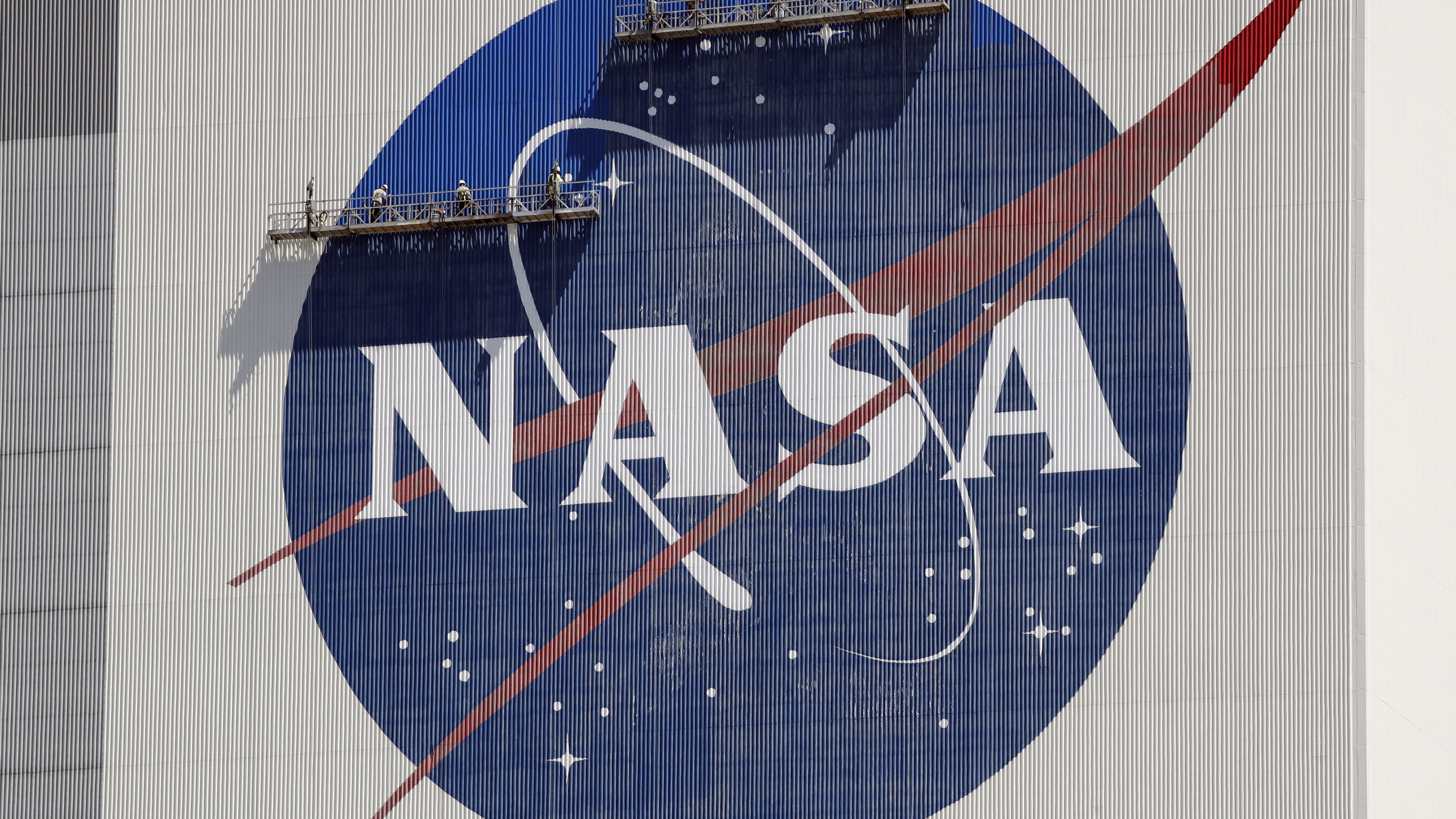Get the latest tech news
NASA and the End of American Ambition
The agency once projected America’s loftiest ideals. Then it ceded its future to Elon Musk.
Since the founding of SpaceX in 2002, his business decisions and political calculations have been made with a transcendent goal in mind: the moment when he carries the human species to a new homeland, a planet millions of miles away, where colonists will be insulated from the ravages of nuclear war, climate change, malevolent AI, and all the unforeseen disasters that will inevitably crush life on Earth. When Kennedy voiced his ambitions, he stumbled into tautology: “We choose to go to the moon in this decade and do the other things, not because they are easy, but because they are hard, because that goal will serve to organize and measure the best of our energies and skills.” He charged the American government with executing an engineering task more difficult than any other in human history, for no higher reason than to prove that it could be done. My colleague Ross Andersen once memorably described what would happen to a human body on Mars: “If you were to stroll onto its surface without a spacesuit, your eyes and skin would peel away like sheets of burning paper, and your blood would turn to steam, killing you within 30 seconds.” Even with a suit, protection would be tenuous: Cosmic radiation would seep through, and Martian dust storms—filled with abrasive, electrically charged particles—could bypass seams and seals.
Or read this on r/technology
